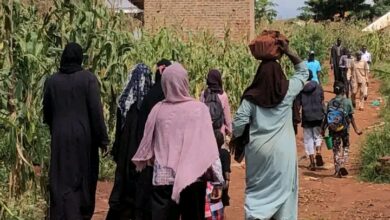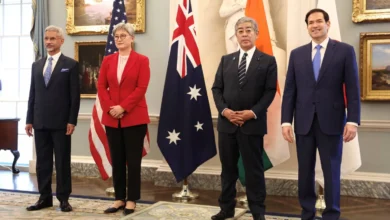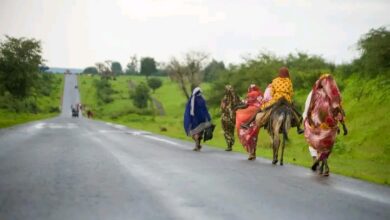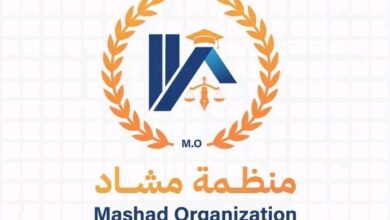Youth-Led Volunteer Initiatives to Restore Life and Beauty in Omdurman
Omdurman – Report by Bakhita Zayed Al-Safi
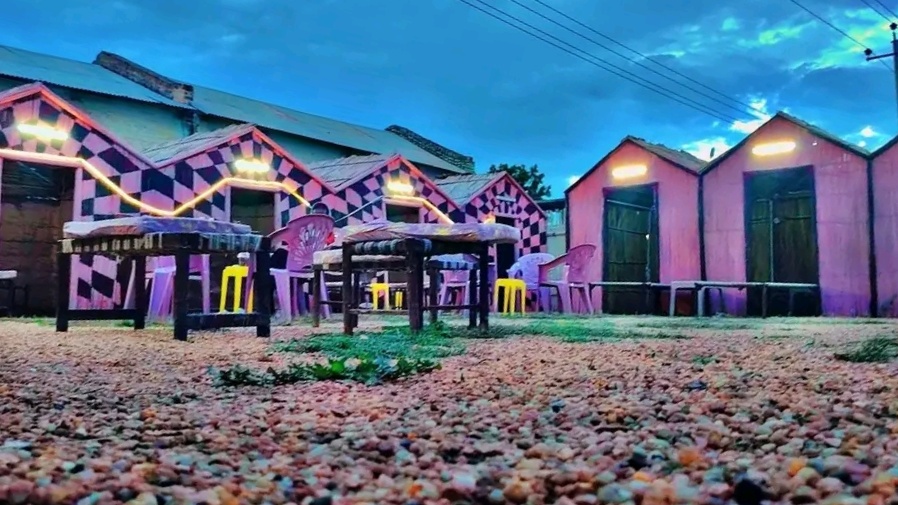
The war in Sudan has awakened deeply rooted values of solidarity among the youth, who have launched numerous individual and community initiatives to confront the consequences of the conflict. In Omdurman, many volunteers have been actively involved in the “Environment and Health First” campaign, which aims to collect garbage and war debris accumulated in neighborhoods, alleys, and streets, and clean public spaces to improve and revitalize the environment of the national capital.
The initiative has been met with significant support from local communities, as it unfolds in several stages aimed at helping Omdurman recover from the shock and return to normal life—especially for those arriving from displacement and refugee camps.
Collective Participation
Launched in Old Omdurman, the initiative saw enthusiastic participation from residents. Dozens of people joined efforts to remove piles of trash, clean shared spaces, clear access routes, and sanitize certain public facilities.
Motasim Al-Zain, a member of the initiative, told Mashawir platform: “Volunteers used social media to appeal to philanthropists and expatriates from the neighborhoods to provide financial support and supplies without waiting for official approval. The response was overwhelming.”
He added that “the first phase covered parts of Omdurman and major roads representing the face of the capital, successfully removing tons of waste and launching an environmental health campaign to combat malaria by spraying and filling mosquito breeding grounds, especially with the onset of the rainy season.”
Al-Zain pointed out that the initiative faces several challenges, including a shortage of garbage bins—many of which were destroyed during armed clashes—as well as a lack of cleaning tools and brooms.
Promoting Initiatives
Community activist Alaa Eldin Omar emphasized the importance of launching environmental improvement initiatives in Omdurman with broad community involvement. He called for studies to develop clear action plans addressing environmental damages, stating that “people cannot wait to return to their homes and resume normal life.”
He added that “several youth and residents of Omdurman neighborhoods have begun environmental sanitation work, removing war debris and garbage, as well as cleaning roads and leveling potholes.”
Speaking to Mashawir, Omar noted, “Sudanese citizens are still often viewed as neglectful of their environment, as harmful practices like throwing trash from cars and littering public spaces persist.”
He stressed that the environmental crisis must be prioritized to prevent disease outbreaks, given the widespread accumulation of waste in many neighborhoods.
Significant Contributions
A member of the “Environment and Health First” initiative highlighted that “youth took action spontaneously, without waiting for official directives, driven by a sense of duty to their communities and a natural desire to volunteer.”
She said: “The work is substantial and requires continued efforts. We’ve made great progress, but there’s still much to be done to achieve the initiative’s goals.”
She added: “Despite the difficult circumstances many face, the youth responded to the call and are working in harmony and with love to reach our shared goals.”
Energy and Determination
Activist Zahour Adam said that “the youth are expected to play a major role in implementing many future initiatives to restore services, especially those with expertise in environment, electricity, and water systems.”
She praised the environmental sanitation efforts, which have helped curb the spread of disease-carrying insects.
Adam urged continued public health efforts and epidemic prevention, noting that “the initiative is a field-based activity that reflects the residents’ commitment to tackling crises.”
She called on residents to return to their homes to contribute to creating a livable environment and restoring normal life, and emphasized the need to reopen private hospitals and pharmacies that have been closed for over two years, so that hazardous medical waste and chemicals can be safely disposed of, as they pose threats to human health, animals, and the environment.
Greening and Beautification
In tandem with the sanitation campaign, the second group of initiative members launched a tree-planting effort in neighborhood streets.
Aziz Al-Talib, a participant from the Beit Al-Mal area in Omdurman, said: “Despite the residents’ difficult living conditions and lack of services, dozens took part in the initiative by planting palm trees and various flowers to rise from the rubble caused by the war’s devastation.”
He noted that the step was widely praised on Sudanese social media platforms for its symbolic message of resilience and defiance.
Speaking to Mashawir, Al-Talib said that “residents provided brooms and cleaning tools to collect trash and smooth out road bumps in preparation for launching a ‘Green Environment’ project to plant trees along local streets.”
He added that the goal is to transform the image of destruction into scenes that reflect Sudan’s beauty and diversity. Daily progress is shared widely online to counter the dominant narratives of suffering, death, and displacement that currently flood social media.
He concluded that the growing number of initiatives is helping rebuild the city, address environmental issues, restore street lighting, and remove debris—while also highlighting the long-standing Sudanese traditions of solidarity and volunteerism, especially in times of war, crisis, and disaster.

